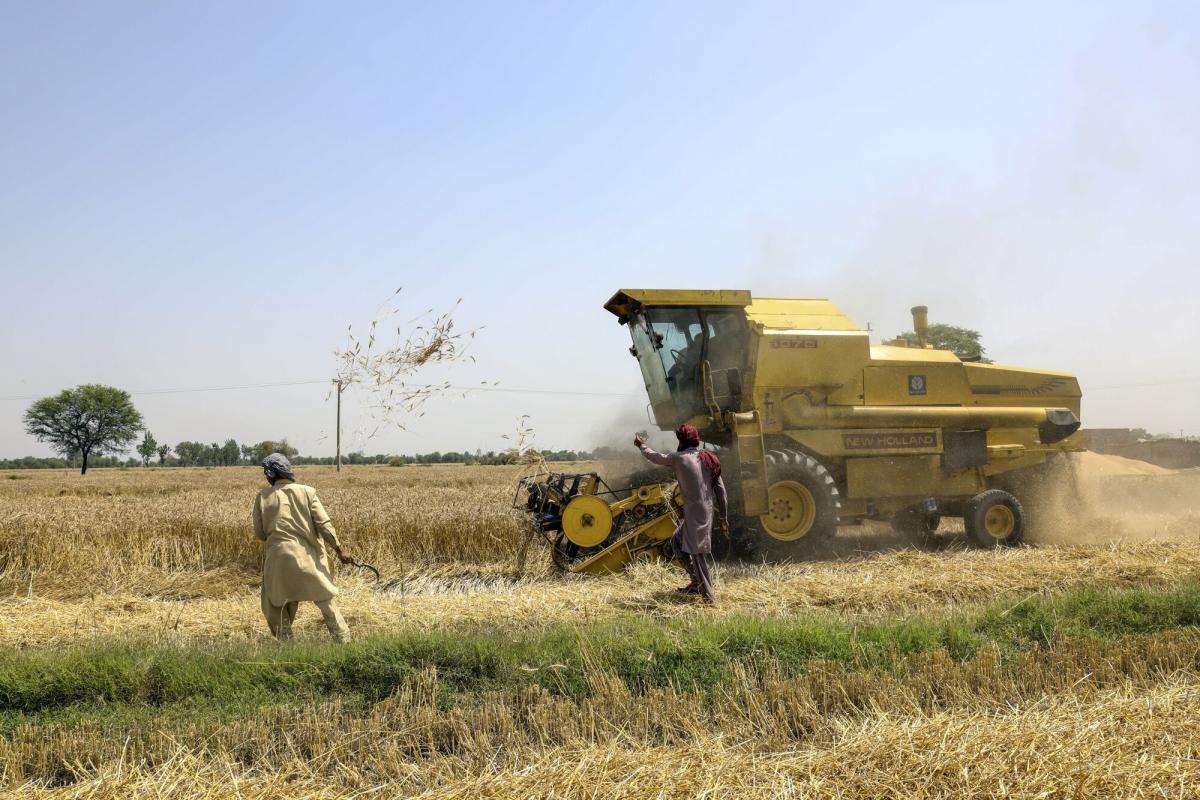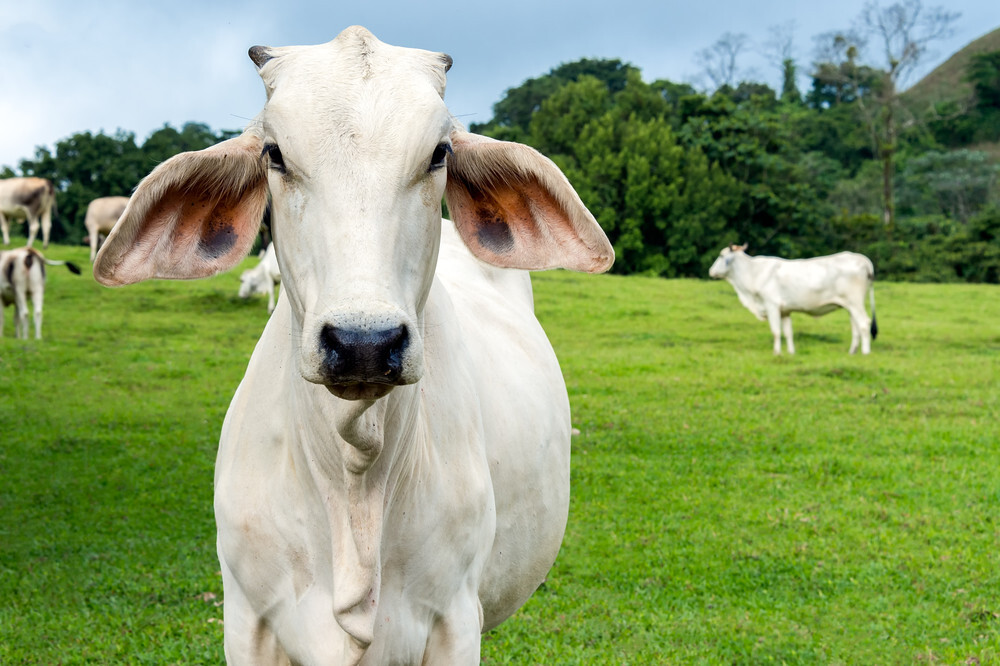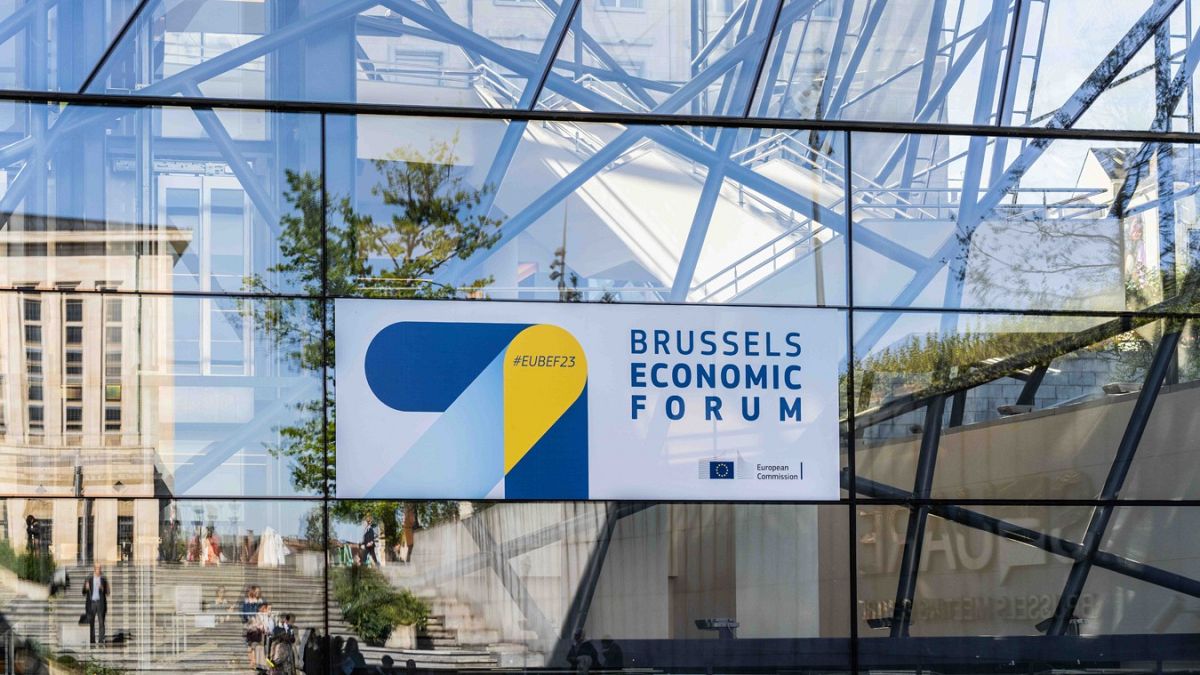Pakistan’s economy is struggling in the fiscal second quarter due to high interest rates that are negatively impacting businesses and consumers. Gross domestic product (GDP) only expanded by 1% in the October-December period compared to the same time last year, falling short of the median estimate of 1.8% in a Bloomberg survey. Despite this, agriculture saw growth of 5.02% from a year ago, while the industry contracted by 0.84% and the services sector grew by just 0.01%.
Despite avoiding a sovereign default last year, Pakistan’s economy remains fragile and is still in need of support. Prime Minister Shehbaz Sharif, who won controversial elections in February, is seeking a new loan from the International Monetary Fund (IMF) to boost foreign exchange reserves and support the economy. However, the IMF has lowered its GDP forecast for the current fiscal year to 2% from 2.5%, citing weak domestic demand as a major factor.
The State Bank of Pakistan believes that better farming and industrial output will help support the economy and improve its financial stability. Nevertheless, Pakistan’s economy experienced a rare contraction of 0.17% in the previous fiscal year, which highlights how fragile it remains. The nation heavily relies on IMF aid with $24 billion in external financing needs in the upcoming fiscal year, which is about three times its foreign exchange reserves.


